
After completing the Development Management programme in August 2012, I started a full-time job as a communications officer at the Thomson Reuters Foundation in London.
The Foundation was created in 1982 to support journalists from developing countries. Today we run a number of services – including free legal assistance, media development, and in-depth coverage of the world’s under-reported stories – to benefit diverse audiences from aid workers to social entrepreneurs. As the charitable arm of the Thomson Reuters corporation, the Foundation is somewhat unique in the development space. Instead of giving grants, it leverages the skills and expertise of the company to improve human rights, governance, transparency, and the rule of law.
As part of a small communications team, I make sure that the Foundation’s work gets out to key external and internal audiences in the UK and globally, including media, NGOs, social enterprises, businesses, potential donors, Thomson Reuters employees – pretty much everyone! Some of the things I do include writing and editing press releases, newsletters, blogs, developing content for our website and internal communications hub, managing partnerships with media outlets and pitching our research, and providing social media support.
In December 2012, we hosted a global woman’s rights conference with a focus on human trafficking, violence against women, the impact of the Arab spring on women’s rights, and access to healthcare. The whole purpose of the conference was to bring together business, legal, media, government and non-profit leaders to work together to empower women instead of working in silos – a concept I learned at the LSE that sounds obvious but is in fact incredibly complex and requires a fair amount of nudging and pushing!
I’ve always been a believer in using communications and media coverage as a tool for social change. Before attending LSE, I didn’t fully appreciate the complexity of international development. I often struggled to explain what I considered vague development concepts in a clear and concise way. The degree helped me be a better communicator. By learning about the theories and principles behind the key economic and social issues, I was able to better explain or “pitch” these concepts to non-development audiences.
Lastly, after helping many of my peers at LSE edit their CVS, I decided to launch Editing by Meg, an editing/proofreading service for prospective grad students and job seekers in international development who need help with essays and resumes. It’s more of a fun side project, but it helps me stay in touch with the LSE world and hone my editing and writing skills at the same time.
About the MSc Development Management
Related Posts
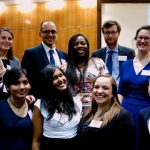 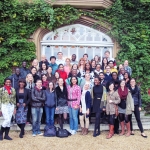 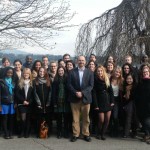 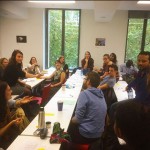 |
 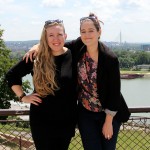 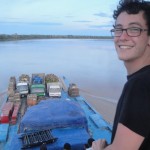 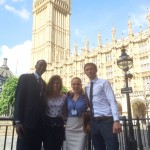 |



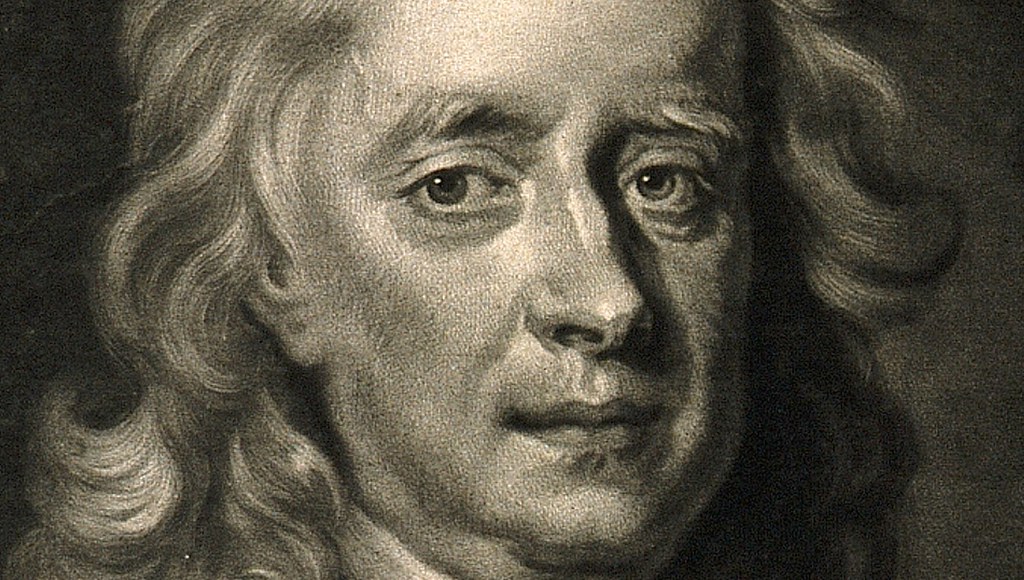


Feeling so proud for all your accomplishments! And thankful for your phenomenal editing skills during our degree!